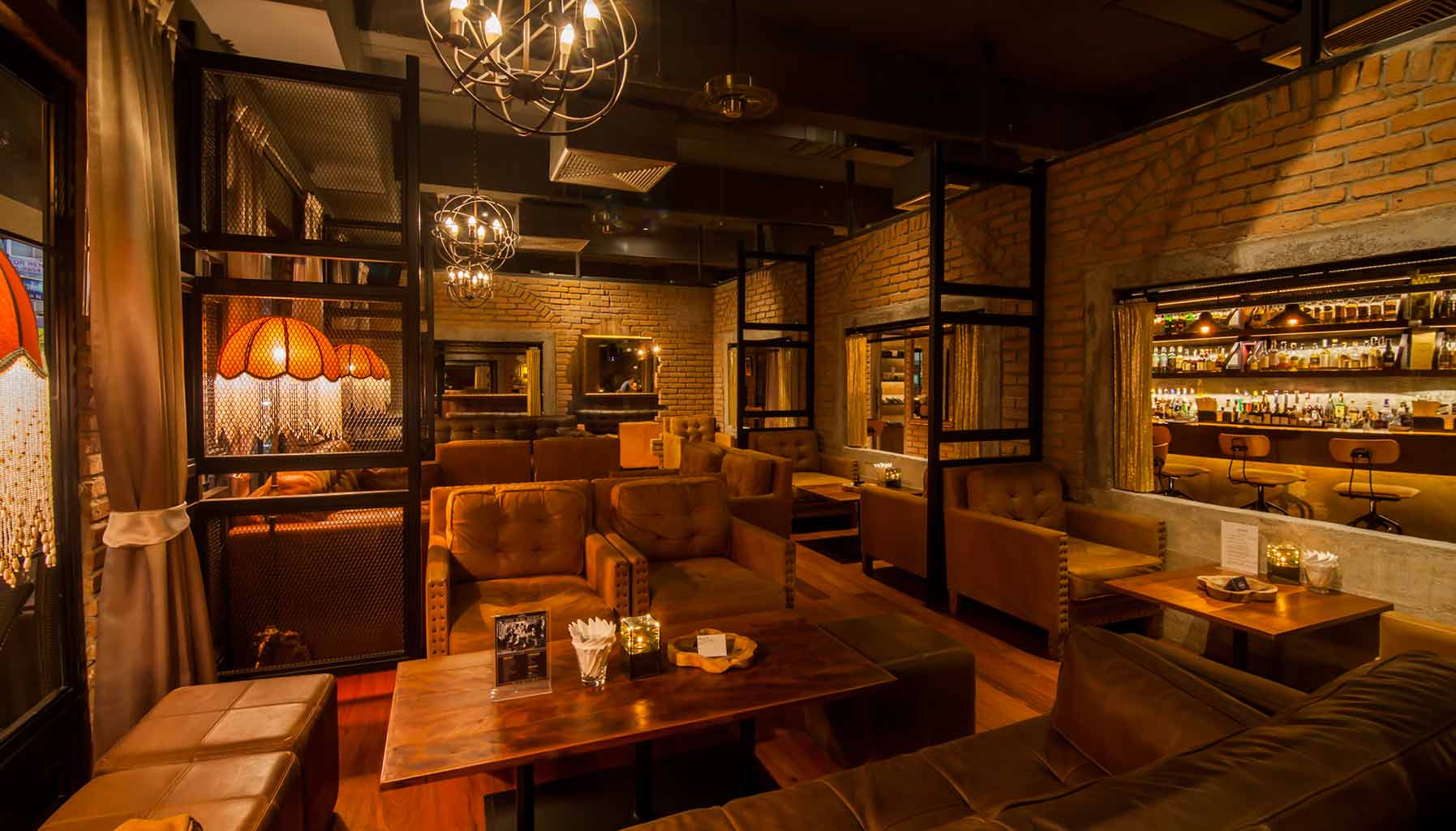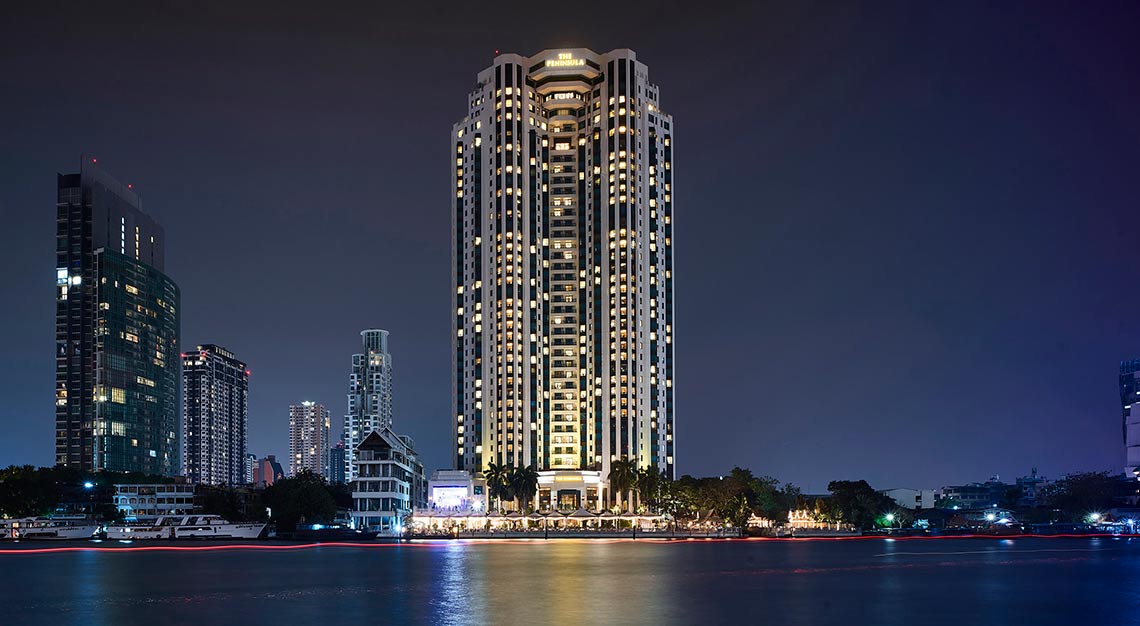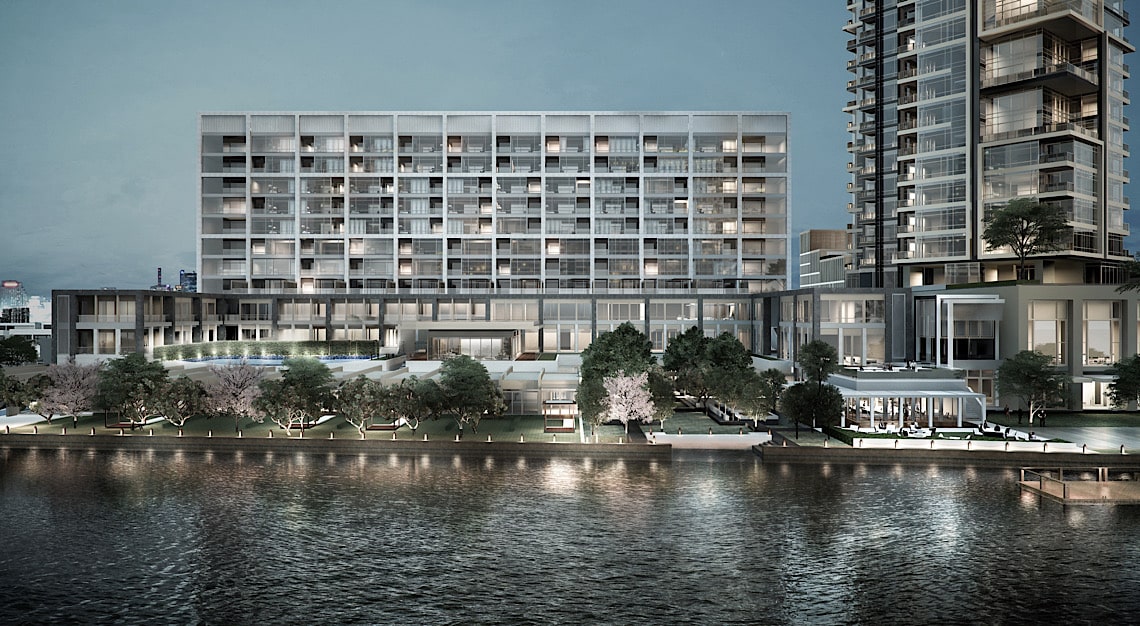Florian Sander, managing director of iThink Consulting Group speaks his mind on how companies should restructure their goals
In the finicky world of F&B, only the most consistent and distinctive survive. Florian Sander, founder and managing director of hospitality consultancy iThink Consulting Group should know, having seen his fair share of hits and misses in the 16 years he has worked in the industry.
Early in his career, Sander developed La Scala at The Sukhothai Bangkok before becoming Hong Kong Jockey Club’s food and beverage director. In 2009, he founded iThink to design turn-key hospitality solutions and provide end-to-end services including concept development, interior design and project management. Since then, Sander has designed and built several winning concepts, including Employees Only bar in Hong Kong.
One of Sander’s most recent projects is Ann Siang House in Chinatown, and iThink is also currently working on the opening of 10 adjoining shophouses along Keong Saik Road, which will be occupied by a 61-key hotel and F&B tenants.
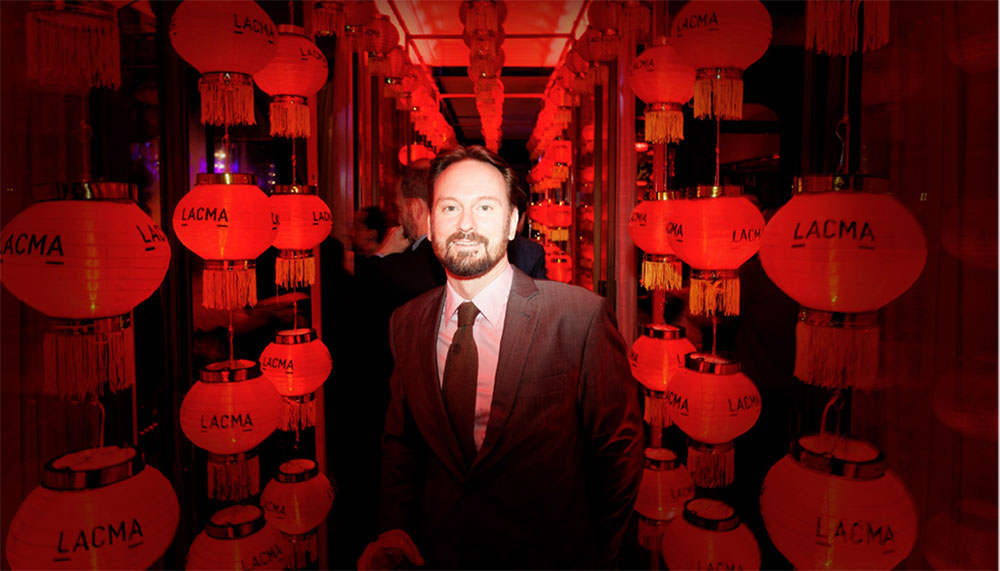
What are the latest F&B trends you have observed in Asia?
Customers in Asia are generally more informed and discerning. Over the past 20 years, we’ve seen many hotels lose touch with the market, offering dining options that often lack character, which lead guests to explore establishments outside their hotels. Variety is key to a modern product offering that appeals to sophisticated travellers. Large, open F&B concepts are also a thing of the past.
What do you think makes an F&B concept tick?
The majority of projects fail due to any of the following – inadequate financing, overspending, a bad project team, a weak concept or poor marketing. Never forget that the hospitality sector thrives on people forging unique and memorable experiences.
Besides having a good product and an attractive interior, a bar or restaurant needs a unique selling point that is easy to understand. Many ventures either offer more of what’s already available or are so convoluted in their concepts that they are hard to understand – even for F&B insiders.
Another big issue is consistency. If diners enjoy their initial dining experience but come back to find that the service or food has worsened in quality, they will vote with their wallets and go somewhere else.
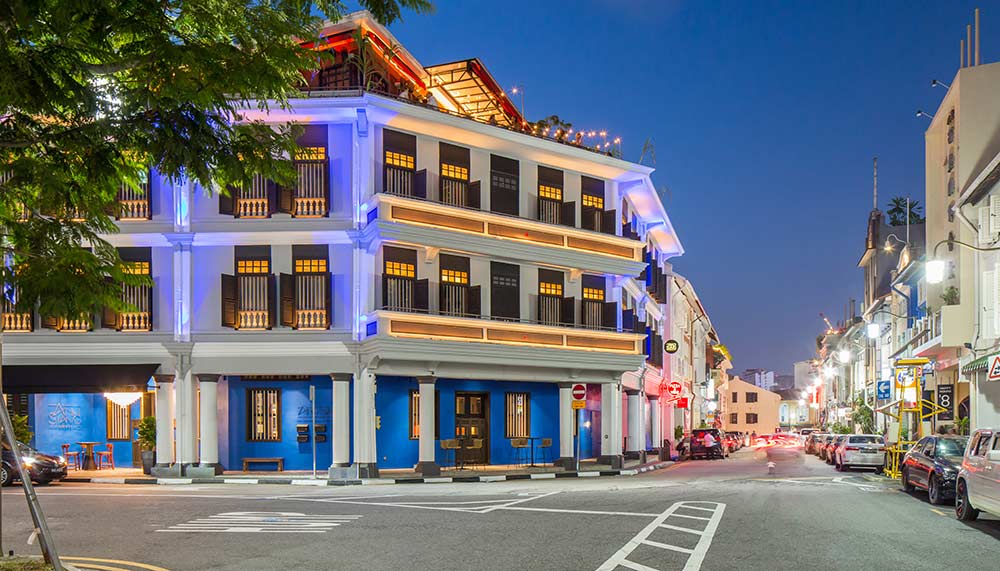
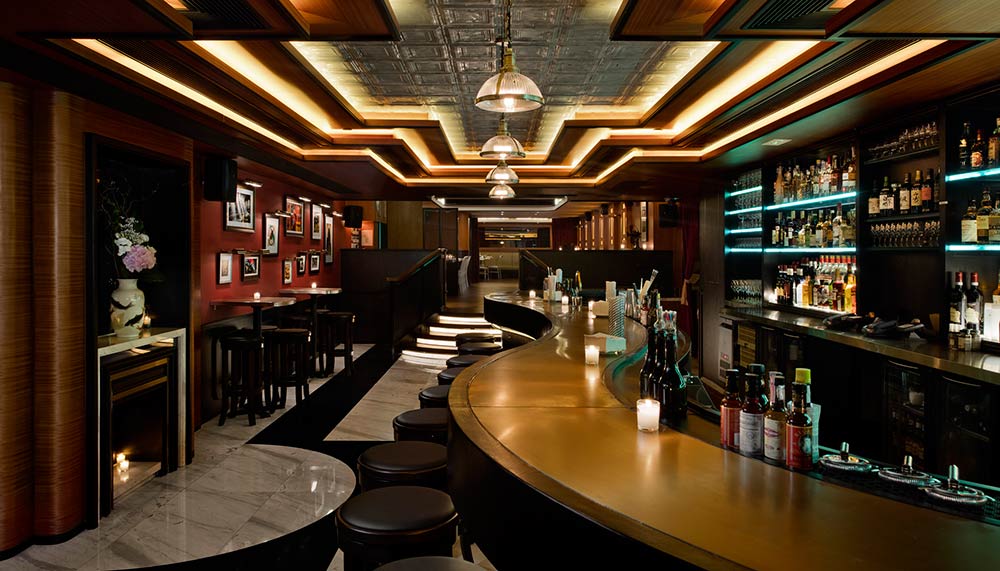
What kind of challenges do you anticipate in the local F&B landscape?
Rents are rising and finding adequate staffing has become a major challenge in Singapore. This will lead to smaller operations, smaller venues and more limited service. It also leads to lesser investment, as larger projects are more prone to failure.
Asia is leading the industry in terms of diversity, design and innovation. Singapore has tremendously talented people and wonderfully diverse cuisines but lacks a bit of the grit and buzz that you would find in Bangkok or Hong Kong. Some ‘prestige’ projects are noticeably absent. I’d love to see a fun, casual and modern Yakitori concept here a la Yardbird in Hong Kong.
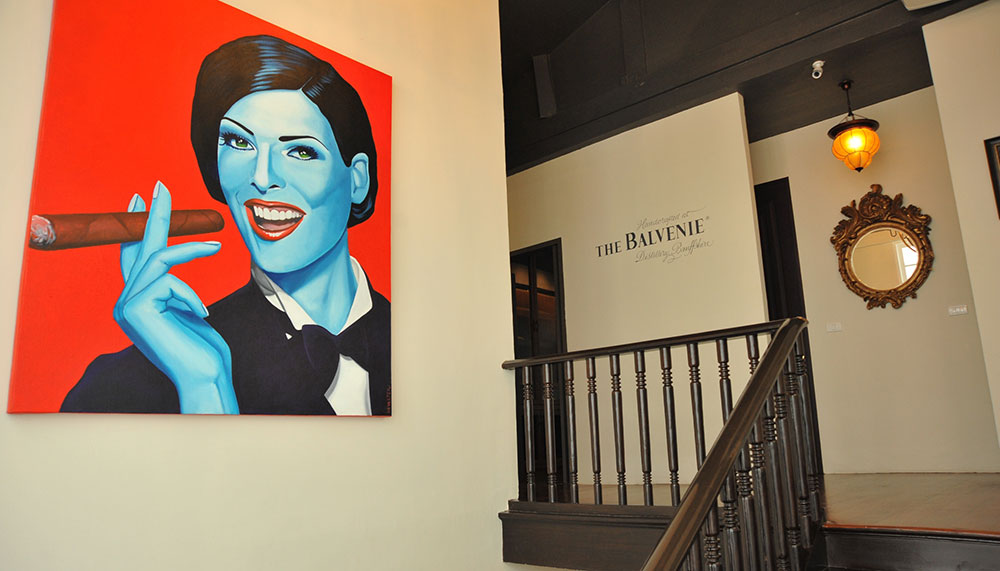
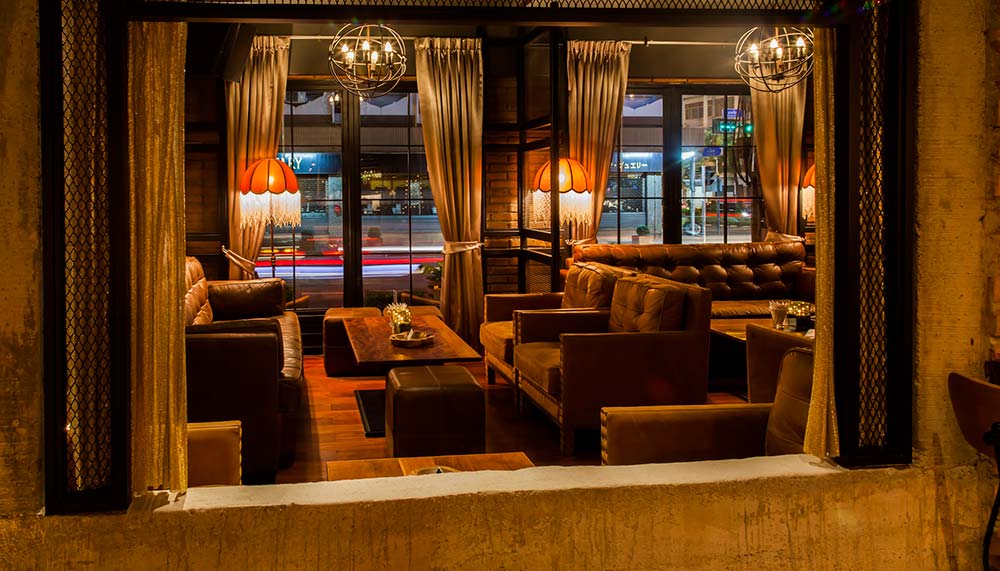
Are members-only clubs in Singapore sustainable then, in our ever-changing landscape?
People often underestimate the number of members a particular club needs in order to provide consistent frequentation and a sustainable business. After the initial hype, the smaller, limited-service clubs struggle with keeping their programmes and menus attractive over a longer period of time.
Singapore has a relatively small selection of potential members so the market will be limited to very few players. I wouldn’t be surprised to see some close down or drop the “members only” tag and open to a broader market.
